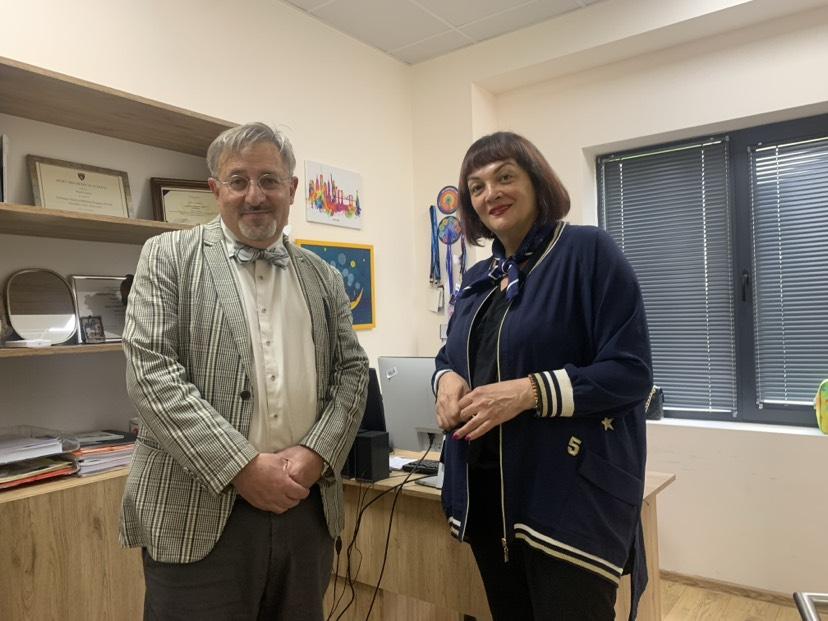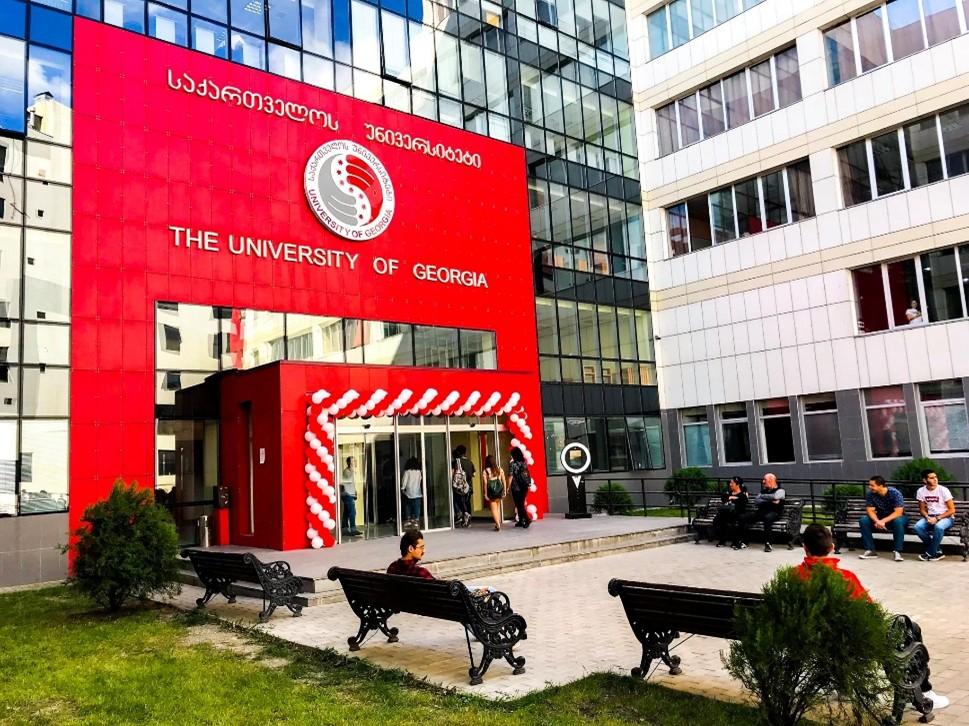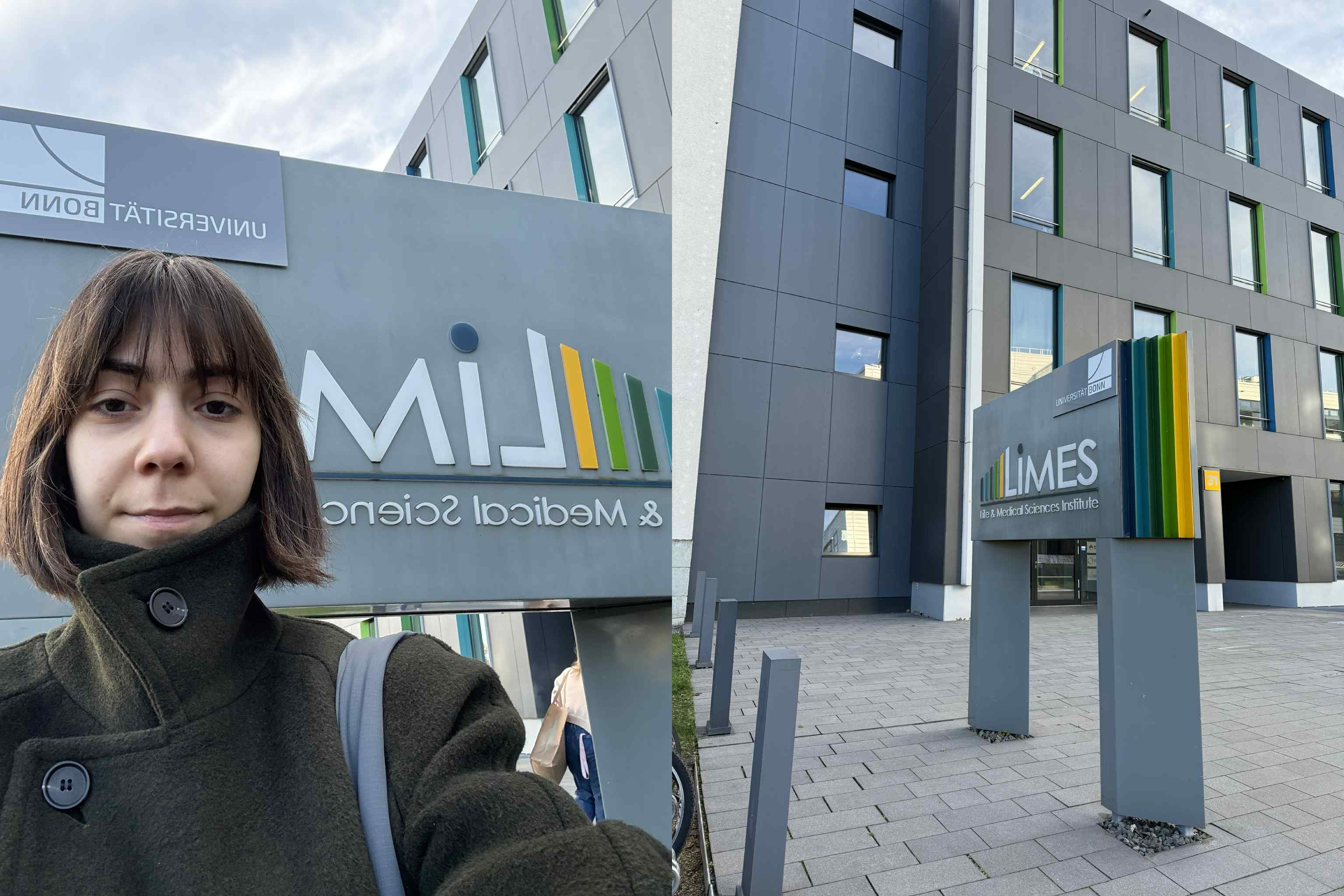|
Last week, Dr. Mamuka Kotetishvili, Director of the One Health Institute (OHI), and Dr. Natia Landia, Head of the Medical Department at the School of Health Sciences (SHS), convened to explore opportunities for establishing a joint academic platform aimed at enhancing student engagement in scientific research at the intersection of One Health and medicine. Both parties agreed to foster close collaboration by involving medical students—particularly those interested in the molecular epidemiology of infectious diseases—in ongoing OHI research initiatives. These initiatives focus on the genomic evolution and antimicrobial resistance mechanisms of bacterial pathogens affecting both humans and animals. In this context, the in silico Laboratory of Functional Genomics and Proteomics at OHI, led by the young investigator, Saba Kobakhidze will serve as a central platform for student research training. Students will gain practical experience using a range of bioinformatics tools and approaches to analyze the genomes of clinically relevant infectious agents. “By aligning our medical education with cutting-edge research in One Health, this collaboration empowers our students to critically engage with global challenges such as infectious diseases and antimicrobial resistance. It serves as a powerful opportunity to inspire and equip them with essential research skills—preparing the next generation of physicians to lead with scientific insight and innovation. I am truly pleased to contribute to this initiative, which not only advances scientific discovery but also strengthens the academic and professional development of our university community at the University of Georgia”, said Dr. Landia. “The OHI is currently expanding its research infrastructure with the establishment of a Biosafety Level 2 Laboratory of Microbial Genetics and Ecology, which will primarily investigate antimicrobial resistance reservoirs and transmission pathways of specific foodborne and zoonotic bacterial pathogens across Georgia. This laboratory will also serve as an additional educational platform, where medical students can develop and apply microbiological and molecular-genetic research skills within the framework of their independent projects,” added Dr. Kotetishvili. |
Font size:
Print



